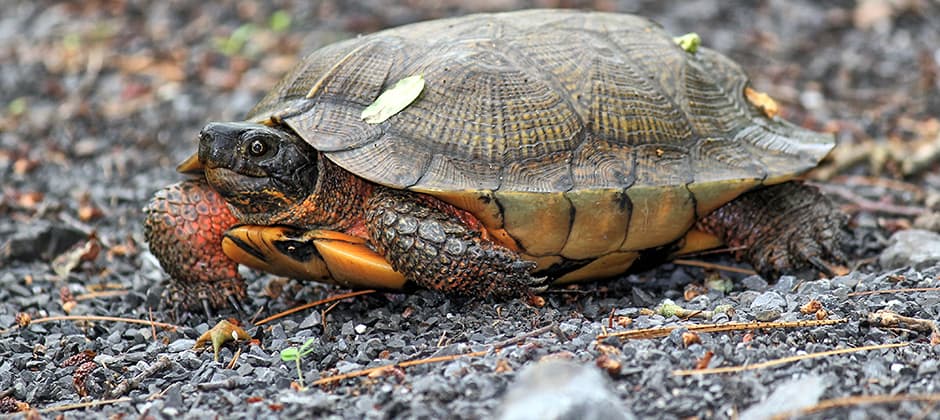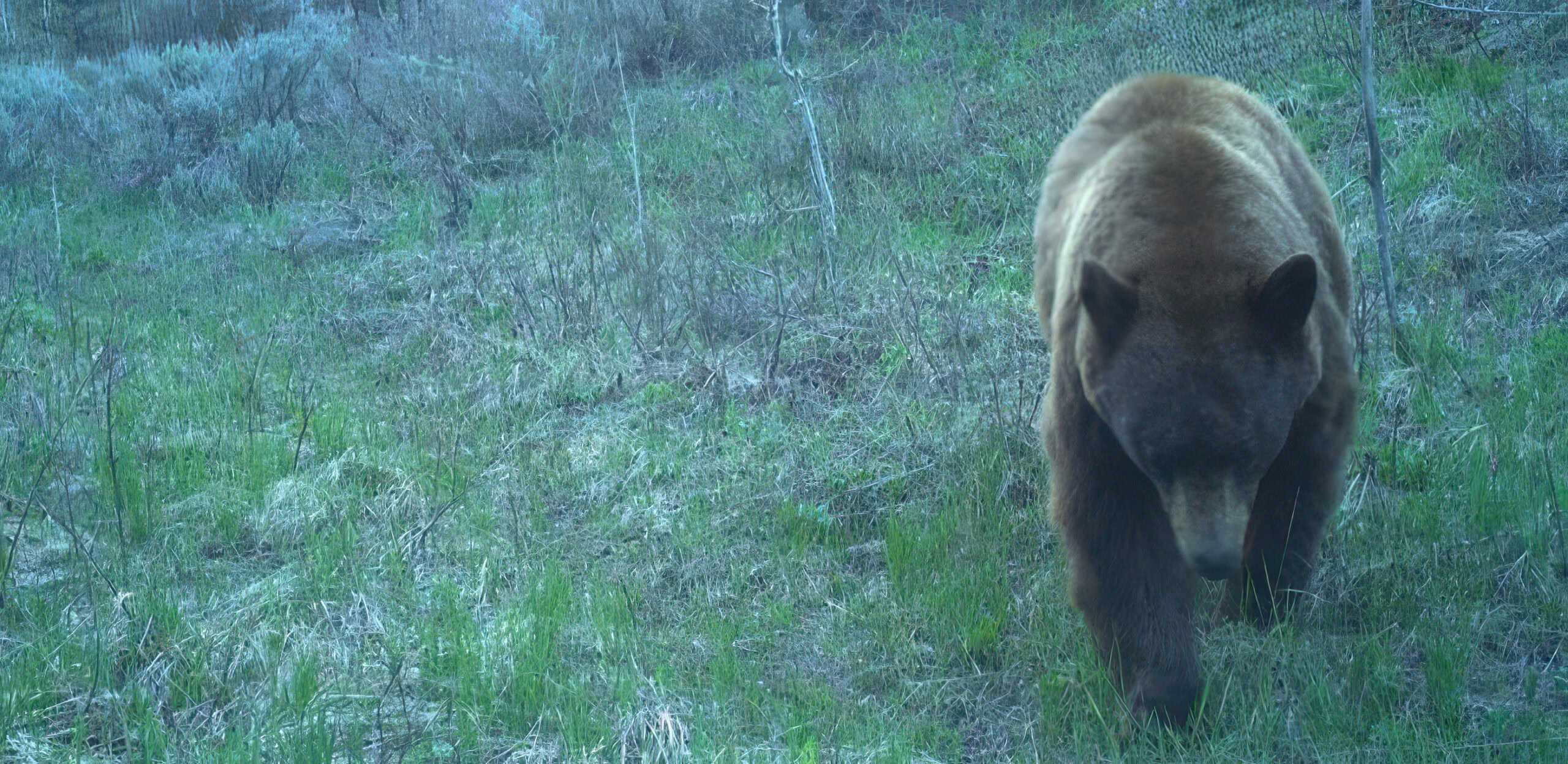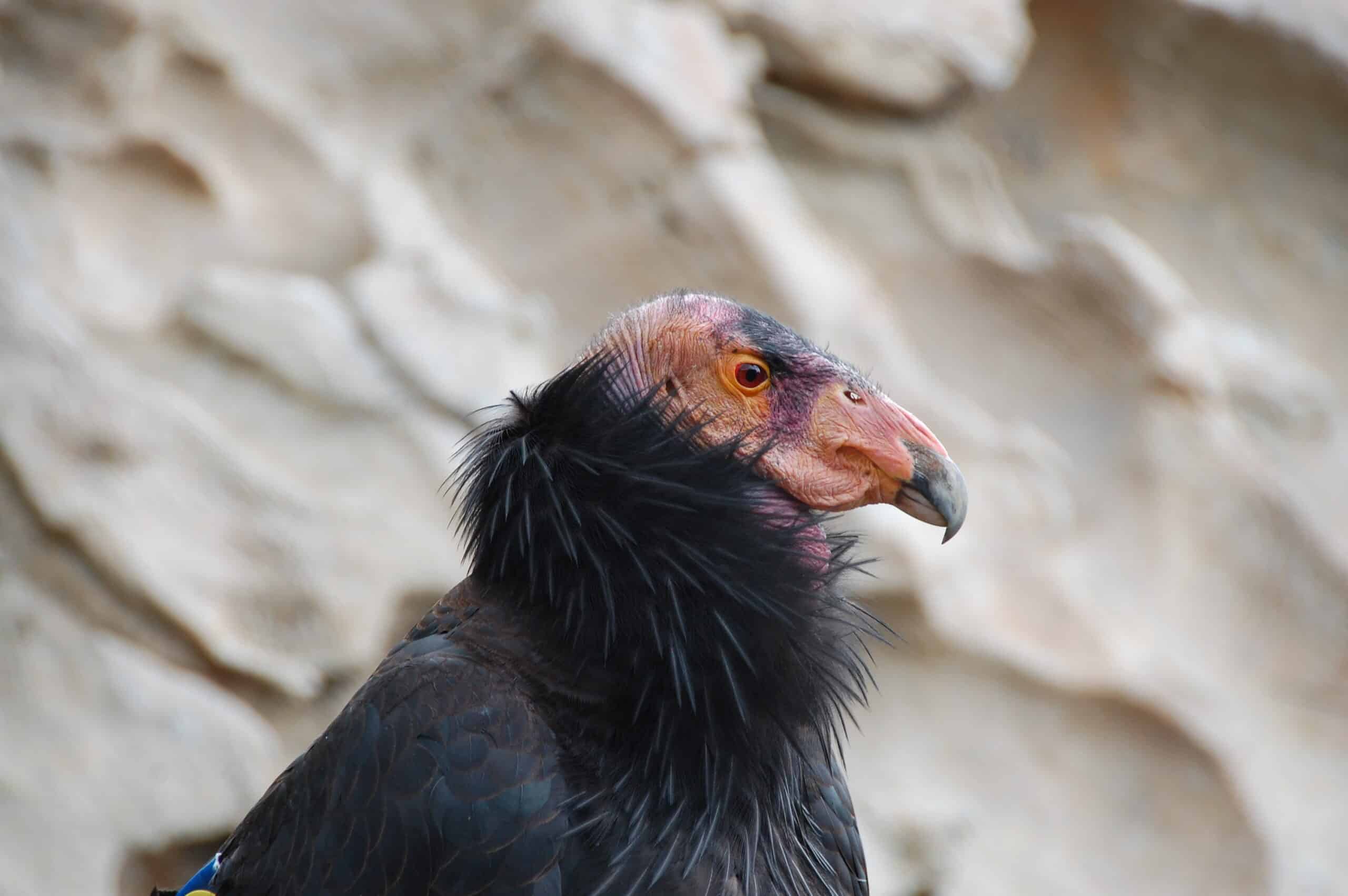Share this article
Recovering America’s Wildlife Act surpasses 150 co-sponsors
Congressional support for the Recovering America’s Wildlife Act (H.R. 3742) continues to grow, with 152 representatives now in support of the legislation.
The Recovering America’s Wildlife Act would provide state and tribal fish and wildlife agencies $1.4 billion in dedicated funding to address more than 12,000 species in need of proactive conservation. As recent reports have indicated, one-third of the United States’ fish and wildlife species currently face steep declines.
“We appreciate the support from legislators and look forward to continuing to work with them to increase understanding of this wildlife crisis and publicize the need to invest in proactive conservation for the benefit of all Americans,” said Caroline Murphy, AWB®, government relations manager at The Wildlife Society. “The Recovering America’s Wildlife Act is a legislative priority for The Wildlife Society, as the funding it provides will empower wildlife professionals across the country to apply science-based conservation and management actions where they are most needed.”
Recently, over 1,000 scientists from around the country signed a letter backing the legislation and urging congressional action. A second support letter, organized by the National Wildlife Federation, has been signed by more than 1,000 organizations and business, including more than 30 chapters and sections of The Wildlife Society.
The National Wildlife Federation, the Native American Fish and Wildlife Society, and agency representatives from several tribes came to the Hill last week to educate lawmakers about tribal wildlife conservation and encourage them to support the Recovering America’s Wildlife Act. They discussed the $97.5 million that would be made available under the bill for tribal agencies to work on proactive species conservation.
The Wildlife Society and other members of the Alliance for America’s Fish and Wildlife continue to generate support for this landmark bill.
Header Image: The wood turtle (Glyptemys insculpta) was listed as a species of greatest conservation need in 16 states and the District of Columbia in 2015.©John Brandauer








